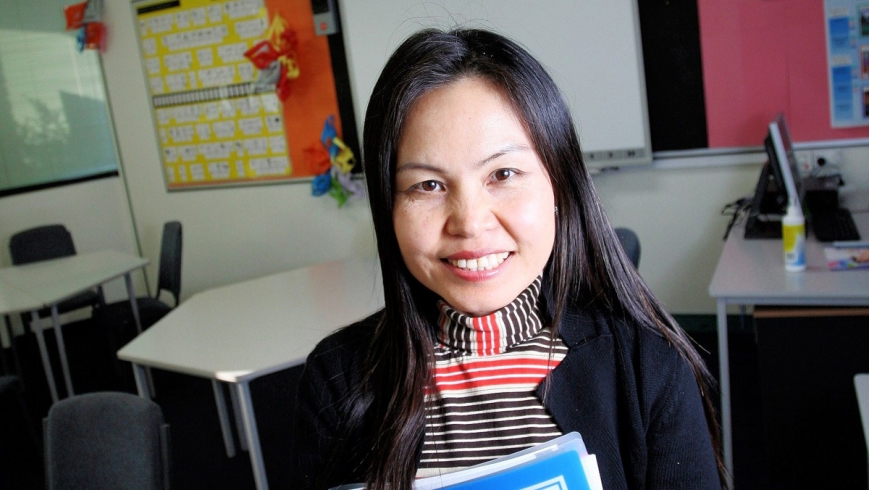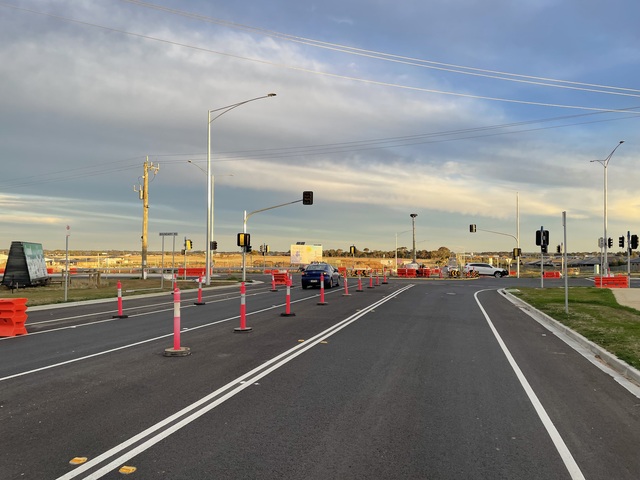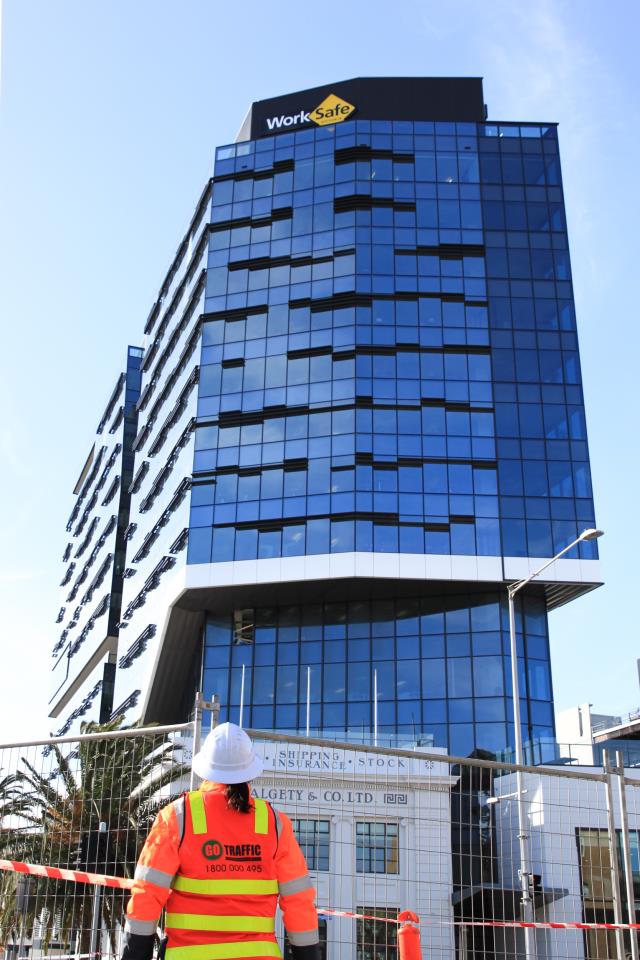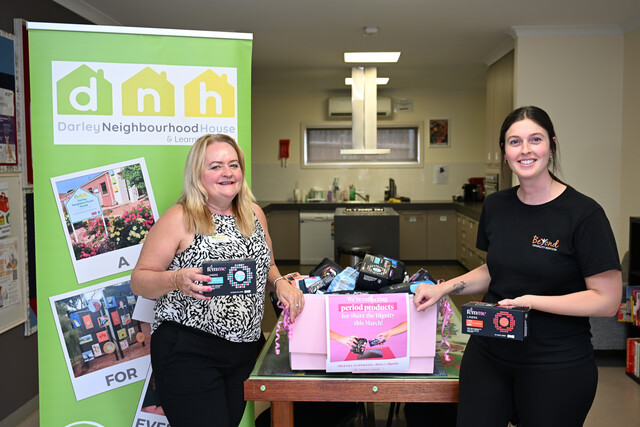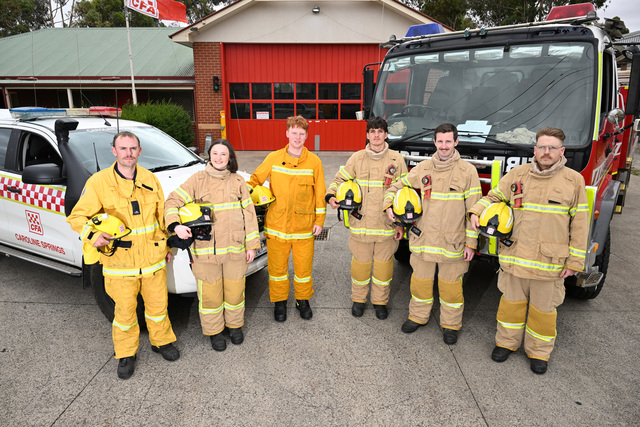Melton has the third-highest rate of immigration in Melbourne’s west, with 8045 new residents calling the area home since 2008.
But experts warn many of them are struggling to find work or are working below their skill levels.
Department of Immigration figures for the five years to July show that in Melton, 4117
immigrants came to Australia as skilled workers and 3507 on family
visas. A total of 421 asylum seekers also settled in Melton.
Wyndham had the highest immigration rate, with 17,714 visa holders. Brimbank had 10,921 in the same period.
A report by settlement agency AMES found the skills of many
professionally qualified immigrants were going to waste and they needed
help in overcoming significant barriers to getting a job.
The research found barriers to work included a lack of knowledge
about the local labour market and recruitment practices, limited access
to professional networks, little experience of Australian workplace
culture and difficulties in having qualifications recognised.
AMES researcher Jenni Blencowe said immigrants and asylum seekers were desperate to find work.
“Almost all new migrants and refugees are highly motivated to
find work,” she said. “We work with a lot of asylum seekers. Some have
skills, some don’t … they are desperate to find work.”
For Pavida Mammone (pictured), moving to Melton from Thailand about a year ago presented plenty of challenges.
“My English wasn’t very good, but it’s getting better,” she said.
Ms Mammone, who studies English at AMES, hopes to find work as a nurse.
She said that since coming to Australia she had been able to make new friends but her main goal was to study.
Ms Blencowe said most immigrants coming to Melton joined relatives who had already settled in the area.
“We did a survey with newly arrived people in our English
classes,” she said. “We found that 50 per cent were renting and 50 per
cent were in their own house. Which meant they had come on spousal
visas, to marry someone here or to join family members.”
AMES runs a Working the Australian Way program that aims to prepare migrants for the workplace.
Research has found that 73 per cent of participants started a new job after the workshop, almost all of them within three months.

